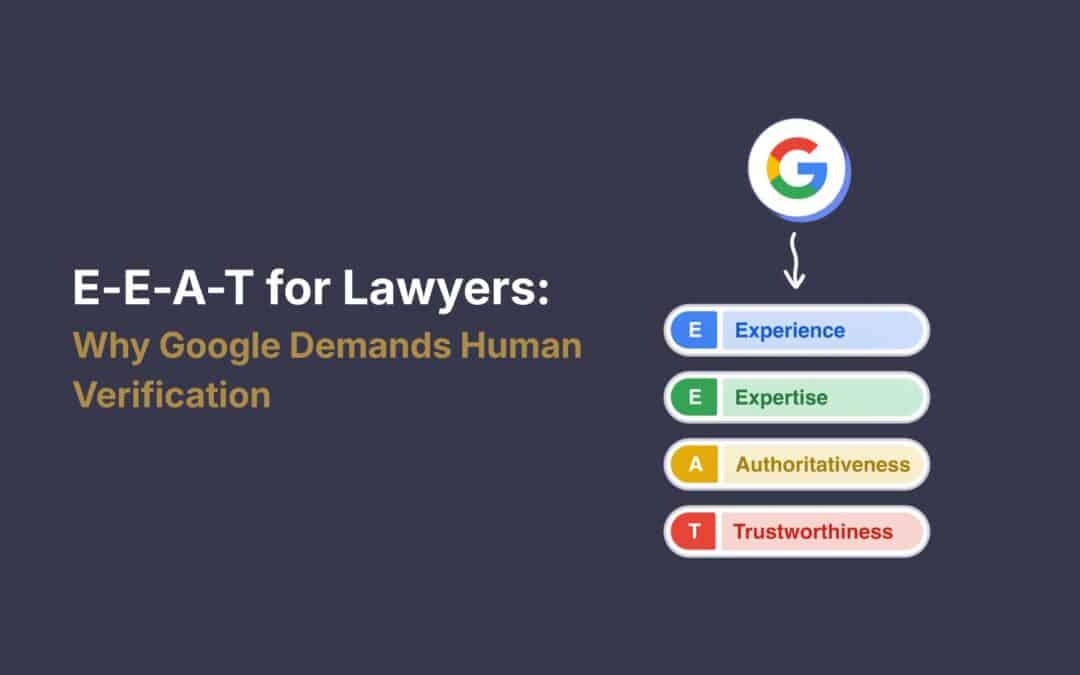Updated for 2024
A Beginners Guide to Lead Generation Success
Obtaining new clients for your law firm is the life blood of your business. Of course, nurturing your existing clients and increasing customer lifetime-value over time is very important too, but you can’t rely on this strategy for sustainable growth.
So how do you go about attracting new clients? The answer, at a high level, is to implement a lead generation strategy that is best suited to your law practice. What is lead generation? It’s the marketing process of attracting prospects that have shown an interest in your legal services and converting them into a lead with the intention of them becoming a client. The greatest advantage of lead generation campaigns is that you are opening communication channels with prospects that have already shown an interest in what your firm has to offer. This warms the sales conversation you have with a lead, making it easier to transition them from a lead to a customer.
With the advent of the internet, the buying process has changed significantly – with more buyers making the effort to find the companies they want to deal with, rather than companies having to make the effort to find them. What this translates into, is the need for your online presence to portray your law firm as a trusted advisor i.e. to be perceived as an expert in your legal profession. The most effective way to achieve this is to publish valuable content on your law firm website and your social media platforms. This content engages visitors and begins the trust-building process. If a visitor finds your content to be valuable and reliable, the greater your chances of them trusting your legal practice and wanting to engage in a relationship.
How to Effectively Generate Leads
In this guide we’ll step you through an effective lead generation process that your law firm can implement to maximise your marketing ROI.
The Sales Funnel
It’s one thing to have high-quality, high-value content on your website, but you will need to incorporate a sales funnel in order to generate leads and qualify them as a quality lead. A sales funnel is a sequence of steps intended to build trust with your prospects and guide them towards a buying decision. Often when a prospect responds to a lead generation campaign they aren’t ready to buy, so if you try to sell to them too soon in the buying cycle, you lose the opportunity to build a trusting relationship first and therefore the opportunity to convert them into a lead. To overcome this, you need to nurture your leads through the sales funnel such that your law firm gains their business when they are ready to make a purchasing decision.
e-Newsletter
An effective lead generation technique is to engage with prospects and customers through an e-newsletter. But before you can implement such a technique you first need to build a marketing database, and the best way to do this is to present your website visitors with a lead magnet. As the name suggests, a lead magnet is something of perceived value which attracts a visitor and entices them to provide you with their name and email address, in exchange for the item of value e.g. A Legal Guide to Starting a Business, DIY Will Writing etc.
A successful e-newsletter strategy relies heavily on regular communication and informative articles that contributes to building trust with your readers, such that when a prospect is ready to make a buying decision, your law firm is front of mind. At this stage a prospect becomes a qualified lead at which time you can engage in a sales conversation with them.
Social Media
Having a presence on social media is no longer a choice but rather a requirement if you want your law firm to get noticed. However, this is a double-edged sword as social media has become the chosen marketing channel for most businesses these days. As a result, you need your law firm’s lead generation marketing to stand out from the noise of all the other advertising around i.e. it needs to “pop”. You should direct the traffic from your social media lead generation activities to a landing page on your law firm website that is specific to the message of your marketing campaign, and not to a generic page on your website, as this will lose potential leads.
Google Adwords
This form of paid advertising can provide a very healthy ROI for your lead generation campaigns, depending on the keywords your law firm decides to target. Since the space of your advert is restricted you need to ensure that it packs a punch in terms of getting your target audience to take action. Google Adwords can include text only ads, text and images or video ads. The type of advert you decide upon is largely driven by the message of the advert and how best to convey it, as well as the target audience.
As with social media campaigns, you should be driving traffic from these adverts to a specific landing page that continues to deliver upon the promise mentioned in your marketing e.g. a 20% discount on your first consultation.
Radio and Print
Both radio and print advertising still have a place in today’s marketing strategy, particularly those channels and publications that are local to your law firm’s location. Once again, size is of the essence as radio adverts are typically seconds in duration and print adverts relative to the cost you are prepared to pay. So, you have a small window of opportunity to get an enticing message across and encourage your audience to take the desired action.
Whilst print is more conducive to including a telephone number, both channels respond best to a website address as this is easier to remember. As with all other lead generation campaigns, you must send all your responses from radio and print marketing to a message-specific landing page on your law firm website e.g. an enrolment form for a small business legal event. Bear in mind, keep the website address memorable and as short as possible.
Effective Management of Your Leads
Unfortunately, many small businesses think that lead generation is the last step in the marketing process and conclude their efforts after having implemented an advertising campaign. However, this is far from the truth and in reality, it’s the beginning of the process. Once you’ve implemented a lead generation campaign and generated leads, you need to manage these leads, qualify them in terms of where they are in the buying cycle and then nurture them through the process until the time is right for you to convert them into a customer.
To maximise the results of your lead generation campaigns, you should implement a system that allows you to smoothly transition leads into customers as efficiently as possible. Such systems range from a simple spreadsheet or database, to the most advanced Customer Relationship Management (CRM) systems. The solution that best suits your legal practice depends on the size of your practice, the volume of leads you intend to generate, your budget and the resources available to manage the system.
Lastly, you should measure the ROI for all your lead generation activities. The simplest calculation is to measure the total investment of your lead generation campaigns versus the average revenue you earn from every customer i.e. your customer lifetime value. This metric is important in assisting your law firm in identifying those lead generation campaigns that are worthwhile, those that have potential but need tweaking and those that are not cost effective.
In order to achieve the ultimate success for your lead generation campaigns, every piece of the puzzle needs to be clearly thought through and implemented. Lead generation is an ongoing process that requires an investment of time, but if done correctly, rewards those law firms who are willing to invest in the effort, with highly qualified leads and sustainable growth.











